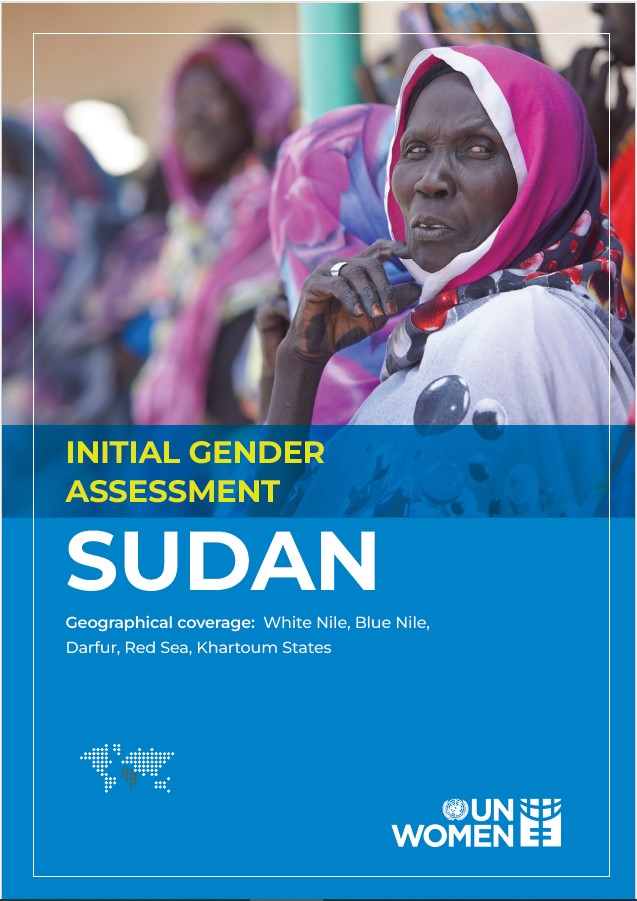
Initial Gender Assessment in Sudan

The assessment found that different organizations and community-based groups had various capacities being leveraged to respond to different humanitarian needs. For example, the youth initiatives/networks were able to form and organize themselves quickly and voluntarily distributed food, water, medicines, and fuel. They assisted people fleeing the violence by linking them with transport to facilitate their escape. They also set up emergency rooms in public spaces such as schools and clubs to support those injured. In addition, the tech-savvy youth created a website and applications enabling people to connect quickly via cell phone to support each other in meeting urgent needs.
Women-led organizations had the expertise and experience to work on sensitive issues, including a range of GBV-related concerns, and to provide services to women, girls, the elderly, and those abled differently. Organizations led by men, such as the neighborhood Committees Coordination (also referred to as Resistance Committees Coordination), were responsible for mobilizing resources from within and outside their communities, including from local business owners, pastoralists, and relatives living abroad and locally. Most frontline organizations identified funds, food, water, and shelter as most needed. The assessment established that women and young women-led organizations were the most dominant in the response, and they are mainly based in Khartoum, Blue Nile, and Zliengie in Central Darfur.